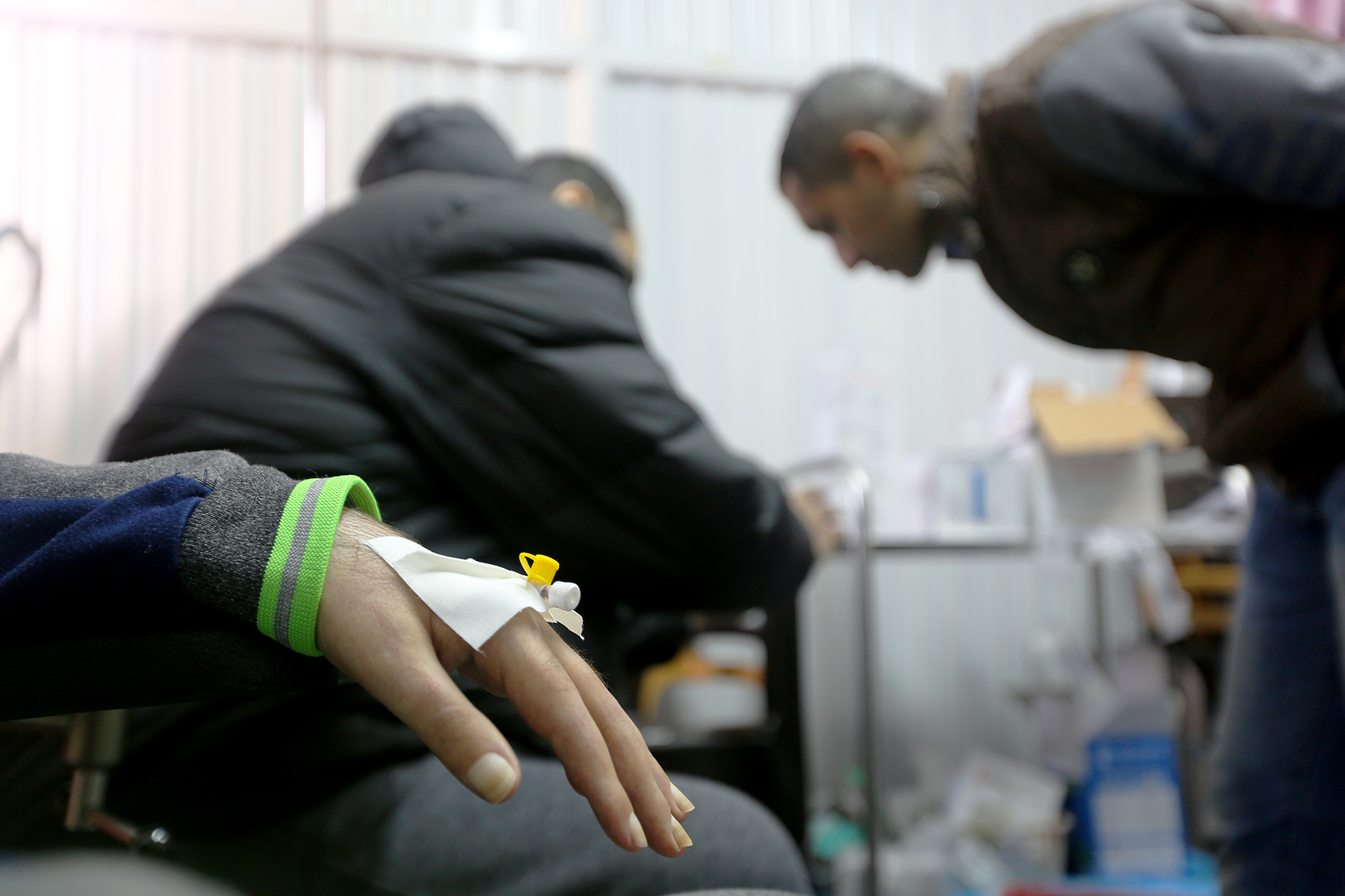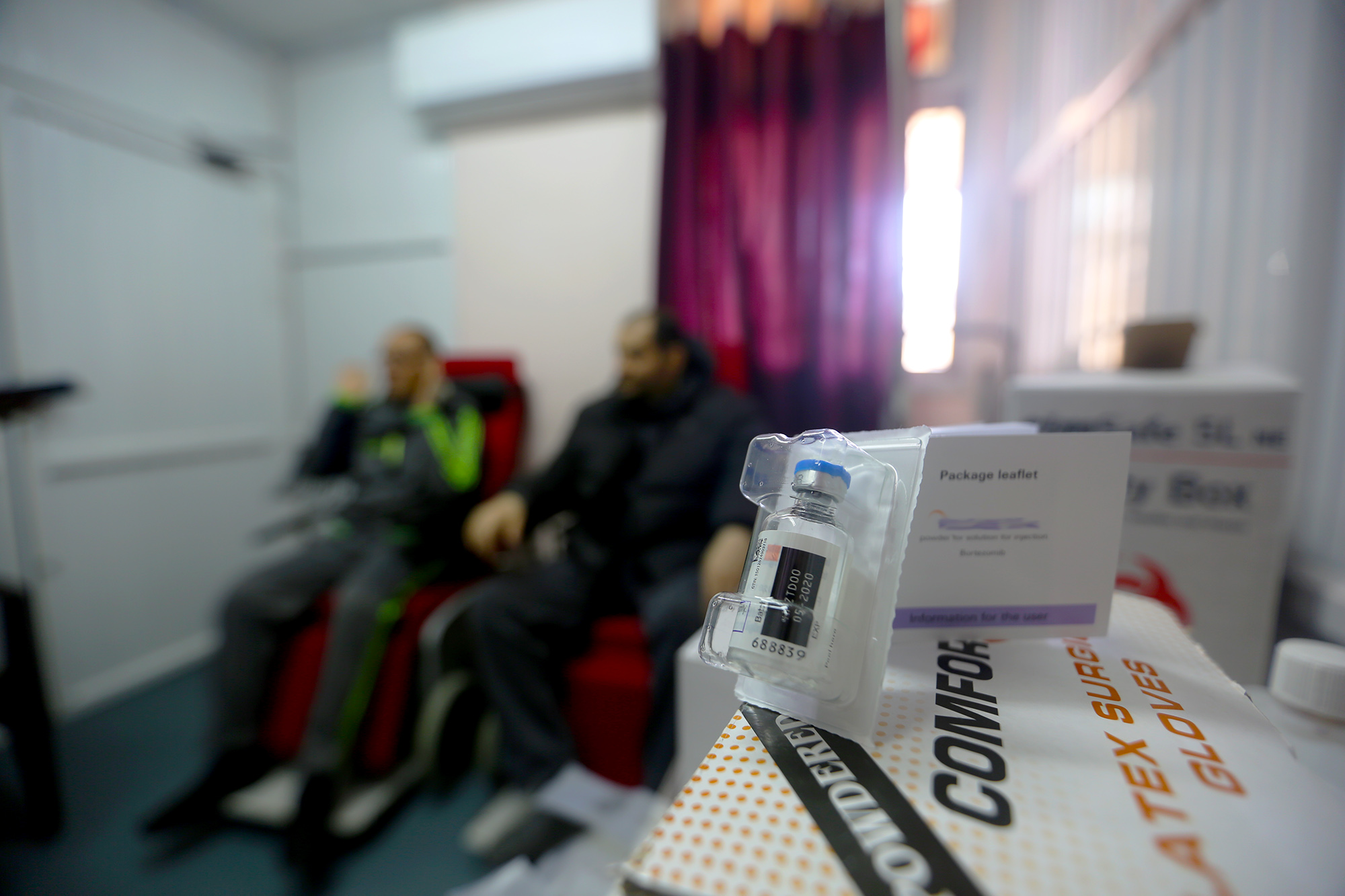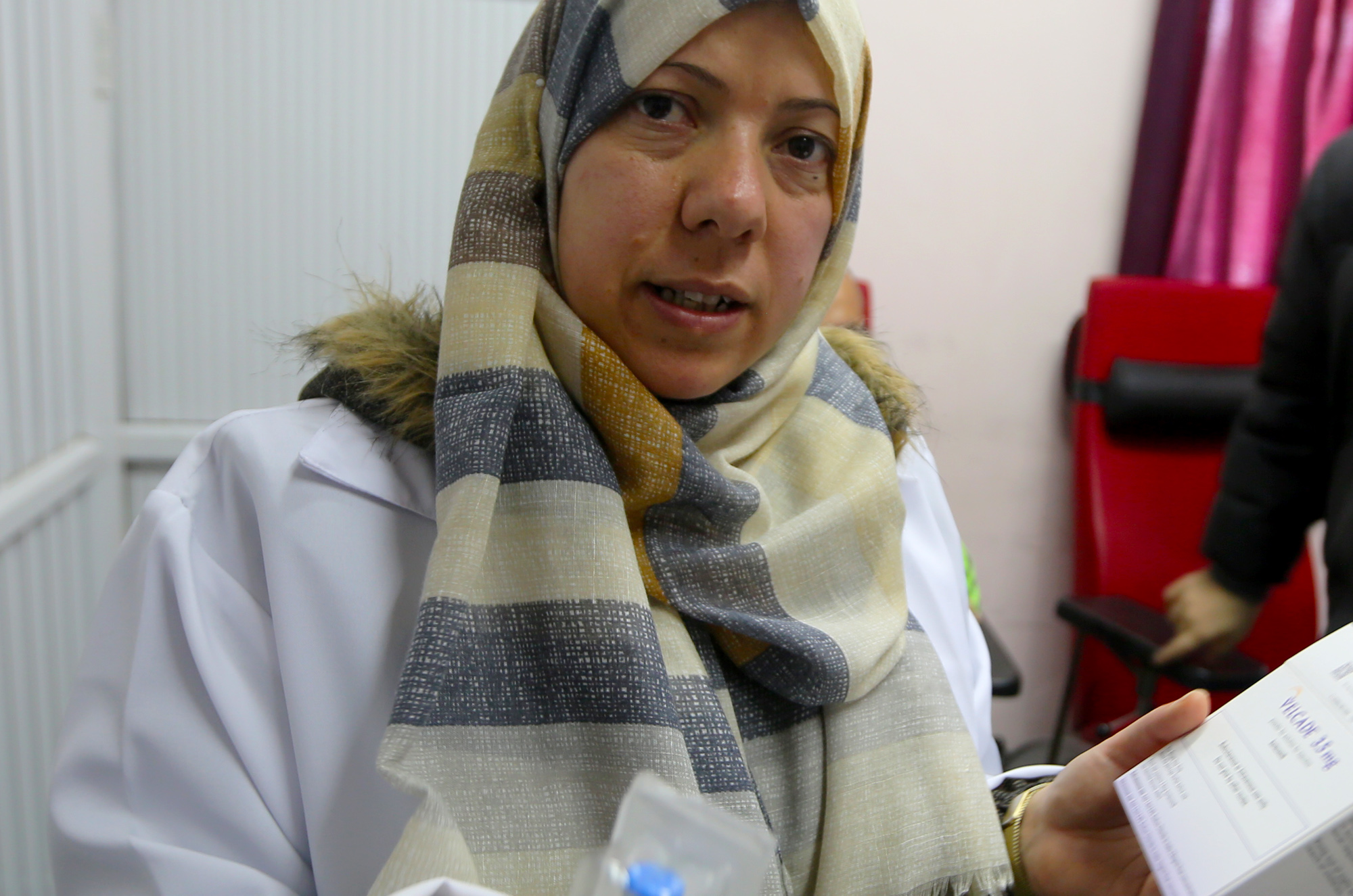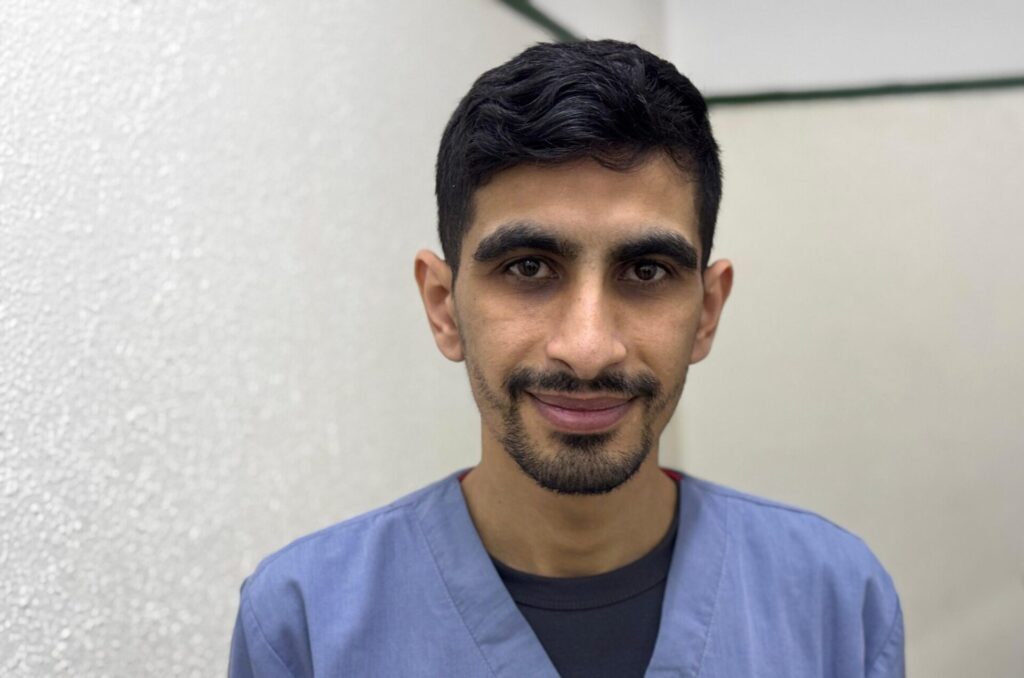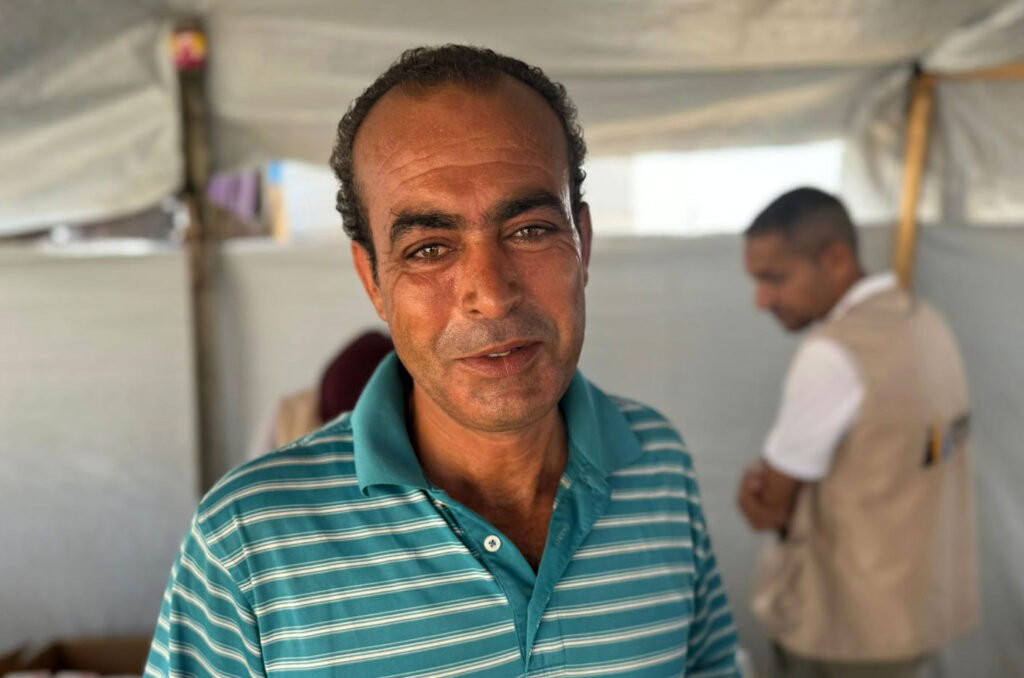HEALTH
Cancer Patients in Gaza Obtain the Medicine for their Treatment
Mar, 2020
“When they told me that the injection is available right here at [Shifa Hospital in Gaza], I just couldn’t believe it. It meant that I no longer needed to worry about a permit. It was a huge relief. At least it is one less thing to be stressed about.” - Jamal, cancer patient in Gaza.
Isam woke up one day with an ache in his bones. It didn’t go away. He underwent nine tests in all, some in Egypt and later redoing others in Jerusalem.
A biopsy and other tests finally provided a definitive diagnosis: osteosarcoma, a type of bone cancer. The confirmation of his illness sent him into depression.
It is not an easy thing to be a cancer patient. Still less so in Gaza. Isam says that when patients can do nothing but wait, it feels like a death sentence. He describes the details of his medical ordeal:
“I remember every detail in this tiresome journey. I had to educate myself about cancer and the types of treatment. Chemotherapy drugs are not always available here. Nor are radiation therapy or immunotherapy. Finding [treatment medicines] at the hospital is absolutely indispensable.”
“Our struggles are many,” he says, “financial, moral and physical. Above all, are the shortages of medicines. You can hardly imagine how painful all of this is for patients.”
Isam says that when the borders are closed, medical patients are the main victims. “I never get permits [to travel for treatment outside Gaza]. If I’m lucky enough to get one, the treatment protocol will be interrupted later anyway,” he says.
“Take, for example, the [bortezomib], which has a strict schedule for when to take it. You are to take the medicine four times daily, for the first 10 days. But frequently I can’t follow this protocol because my permit is denied. Sometimes you can never return to complete the cycle of treatment.”
Thanks to a donation of bortezomib from International Health Partners, Anera was able to distribute vials of the anti-cancer medication to Gaza’s Shifa Hospital, where Isam is getting treated. The medicine slows or stops the growth of cancer cells and is approved for the treatment of adults with cancers like multiple myeloma and mantle cell lymphoma.
“The medicine now at the hospital is invaluable. [Bortezomib] is an expensive drug,” Isam says. “It is very difficult to find.”
Sabbah, the nurse at Shifa Hospital preparing the vials for cancer patients today, says,
“Our patients are in danger. Today, when they came to the hospital we were able to tell them that the medicine is available. It was a great relief. When we can’t offer treatment, they leave devastated.”
Jamal is in a similar situation as Isam. He first sought treatment in 2018. It took five months for doctors to diagnose him with cancer. He calls the long period of uncertainty the worst part. “Nobody could figure out about my case. I did all types of tests. Eventually, a biopsy was taken.”
His diagnosis was only the beginning. His condition could not be properly treated in Gaza. “After multiple hurdles, I finally got my permit [to travel].” He had to have all the diagnostic tests done once again in Jerusalem. After waiting another month for the new results he finally began therapy.
Last year, his doctors told him that he was responding well to the treatment and that he might be able to continue treatment back in Gaza.
“When they told me that the injection is available right here at [Shifa Hospital in Gaza], I just couldn’t believe it. It meant that I no longer needed to worry about a permit. It was a huge relief. At least it is one less thing to be stressed about.”

